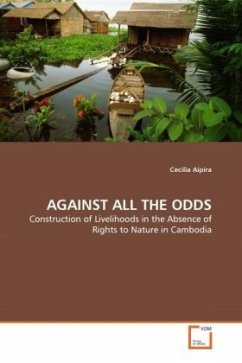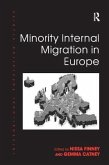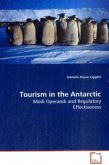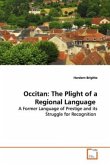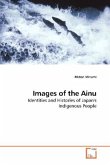For communities which rely on natural resources such as fisheries, the issue of access is fundamental to their livelihoods and sustainable development. On the Tonle Sap Lake in Cambodia, access to some of the countries fishery resources is skewed in favour of the rich at the expense of the poor. The recent deregulation by government of over 50% of privately held fishing grounds is one step towards correcting this imbalance. However, the remaining private fishing grounds hold landless and right-less communities who depend on the fishery resources for their livelihoods. The purpose of this study is to shed more light into the modalities and devices that the poor employ in order to derive livelihoods on private properties. Findings of the study show that the property owners and the right-less poor mutually economically benefit from the fishery resources. The results also challenge the long-held notion that fisher folk constitute the poorest of the poor.
Bitte wählen Sie Ihr Anliegen aus.
Rechnungen
Retourenschein anfordern
Bestellstatus
Storno

